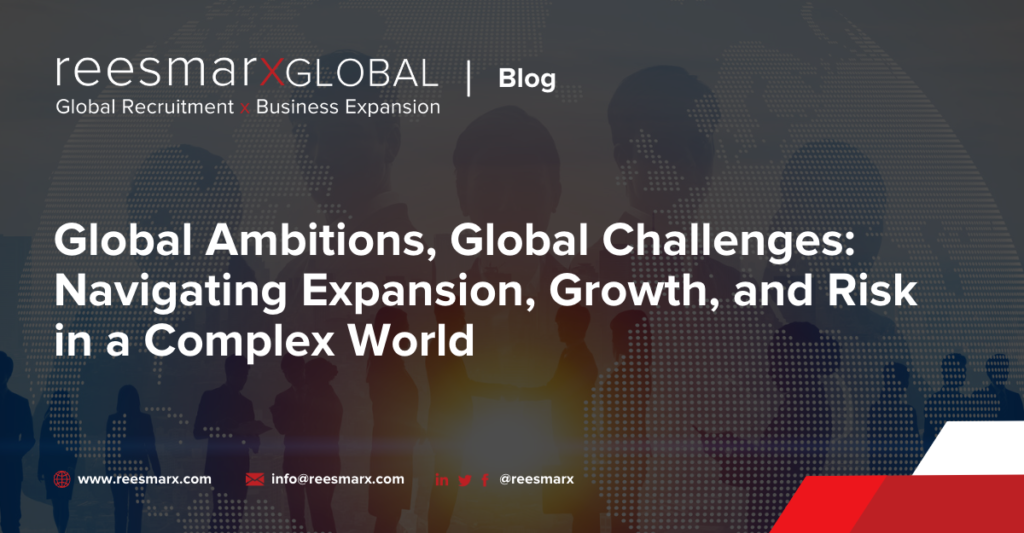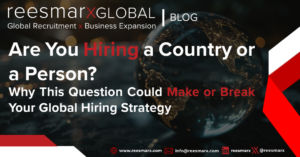
Regulatory Compliance and Legal Frameworks
As businesses seek international growth, they encounter diverse regulatory environments. The maze of employment laws, tax regulations, and industry-specific rules vary drastically across countries. Ensuring compliance is a mammoth task for executives, requiring extensive knowledge and continuous updating to keep abreast of changes. Moreover, the protection of intellectual property rights presents a significant challenge, necessitating a deep understanding of international and local IP laws to safeguard a firm’s innovations and brand.
Cultural Adaptation and Localization
The cultural fit of new hires significantly impacts an organization’s success in new markets. Hiring managers need to find talent that aligns with the organization’s culture while also adapting to local societal norms. Similarly, product and service localization is essential. Striking a balance between maintaining core brand values and adapting to local tastes can be a fine line to tread for executives, requiring a nuanced understanding of local market dynamics and consumer behavior.

Financial Risks and Currency Fluctuations
Financial risks, such as currency fluctuations, can drastically affect a firm’s bottom line. The unpredictability of currency markets necessitates robust hedging strategies and risk management practices. Access to capital and funding also poses a significant challenge. In times of economic uncertainty, securing investments for global expansion becomes a Herculean task. Executives must craft compelling narratives to attract investors, highlighting their growth strategy, potential returns, and risk mitigation plans.
Cybersecurity in a Global Context
As companies operate across multiple regions, cybersecurity threats multiply. Ensuring data security across different legal jurisdictions, each with its unique data protection laws, presents a daunting challenge. Executives must formulate global cybersecurity strategies, aligning them with varied regional regulations. The complexity increases with remote or hybrid work models, where data handling and protection must be regulated across geographically dispersed teams.
Geopolitical Risks and Crisis Management
The escalating crisis in Ukraine serves as a stark reminder of the geopolitical risks businesses face during global expansion. These risks can disrupt supply chains, affect market stability, and introduce unforeseen operational challenges. Thorough geopolitical risk assessment and strategic planning are crucial for executives to prepare for these uncertainties. Equally important is crisis management, involving the development of robust response frameworks to handle political unrest, economic downturns, or even natural disasters in various regions.
Remote and Hybrid Workforce Management
Managing a globally dispersed workforce is a modern challenge that has been amplified by the rise of hybrid work models. Promoting cross-border collaboration requires substantial investment in technologies and the development of policies that bridge time zone differences and cultural barriers. Executives also need to ensure compliance with international labor laws and ethical standards across diverse regions, adding another layer of complexity to remote workforce management.
The journey towards global expansion is fraught with challenges in today’s rapidly changing world. From regulatory compliance, cultural adaptation, financial risks, cybersecurity, geopolitical upheaval, to managing a global workforce, the hurdles are numerous and complex. However, with thoughtful strategies and diligent risk mitigation, C-Suite executives can successfully steer their organizations through these turbulent waters, unlocking new opportunities for growth and success.
How We Can Help
Let us become your global business expansion and talent acquisition partner.
reesmarxGLOBAL places talented leadership and executives across all disciplines worldwide. Our experienced and dedicated talent acquisition teams expedite your global business expansion.






